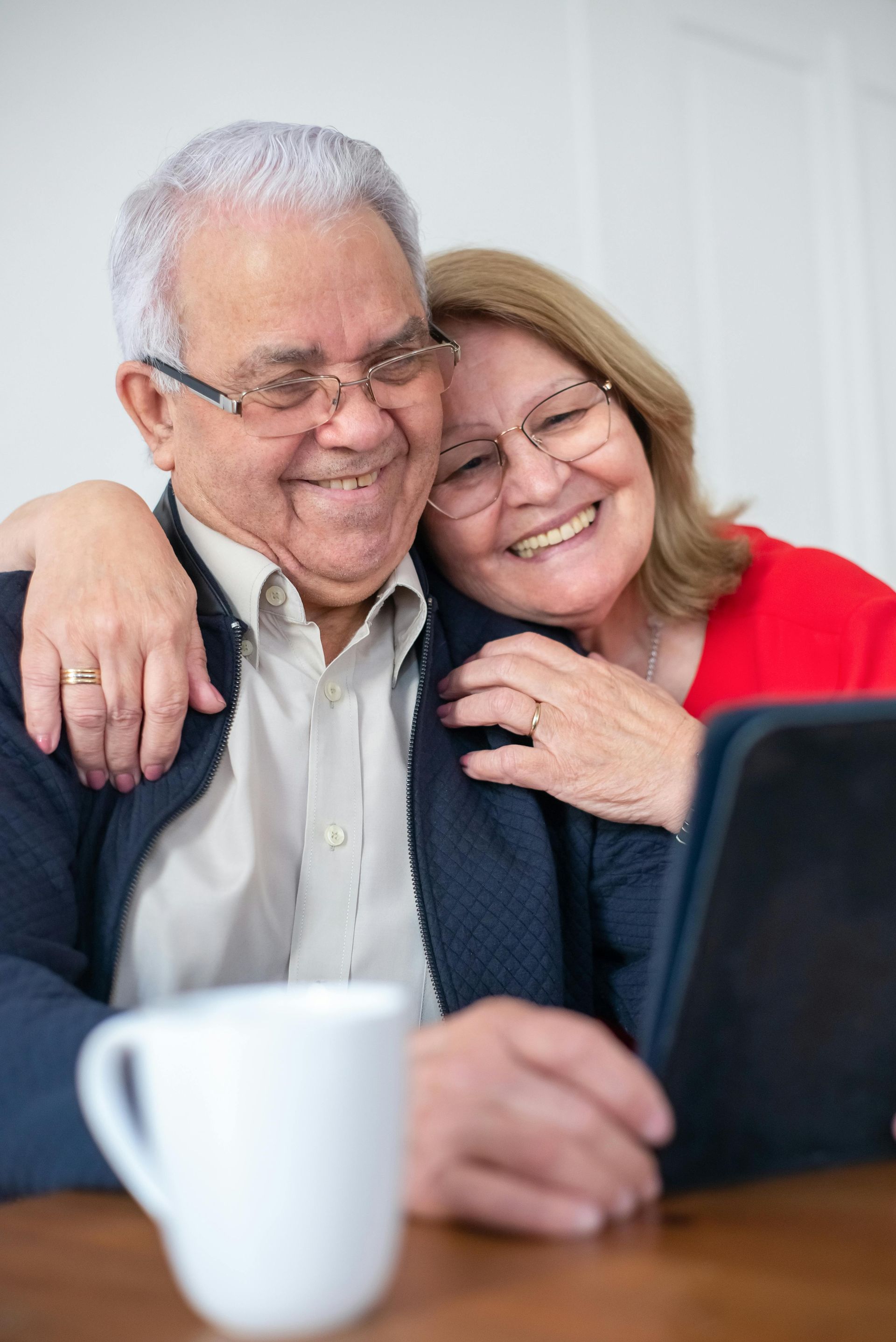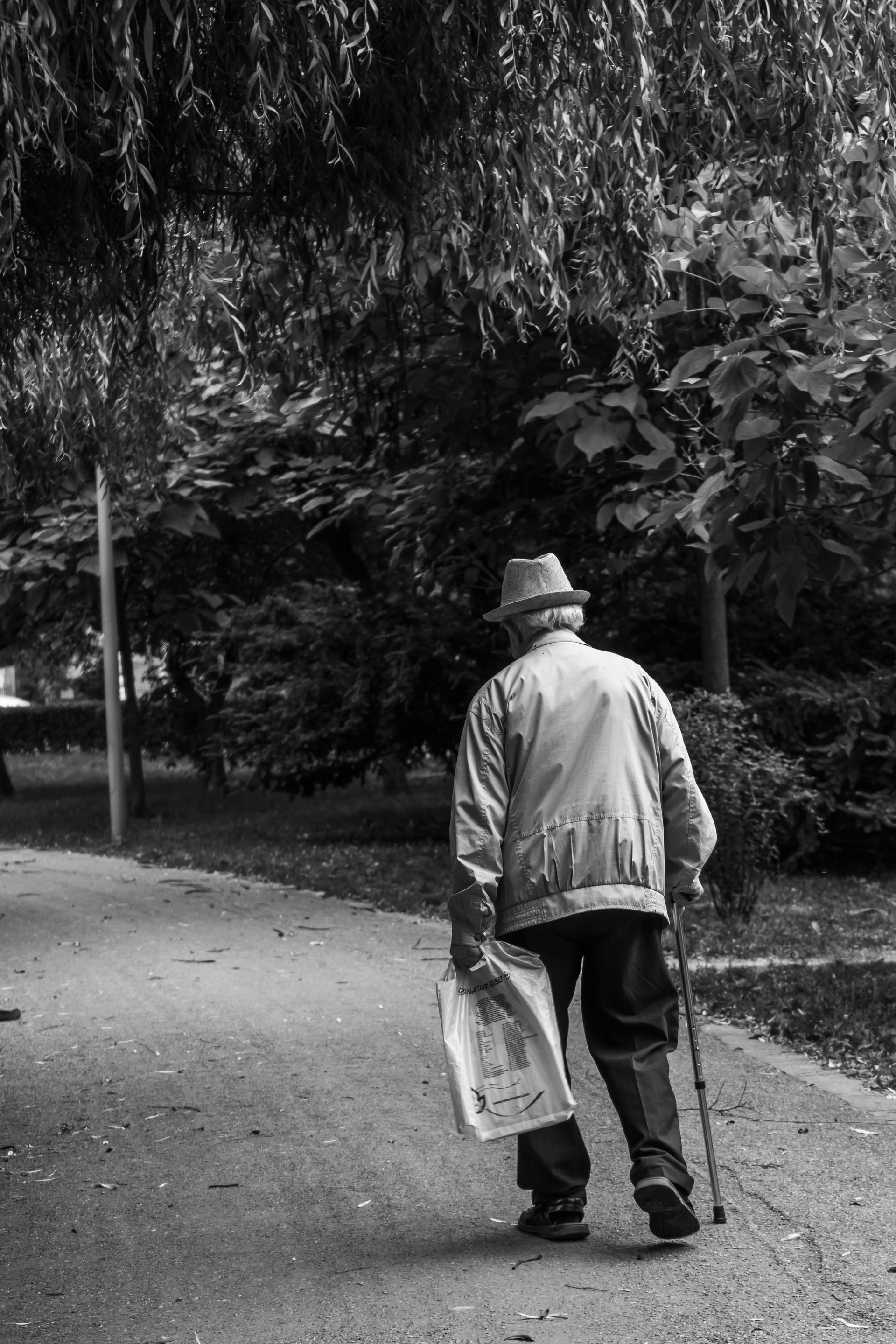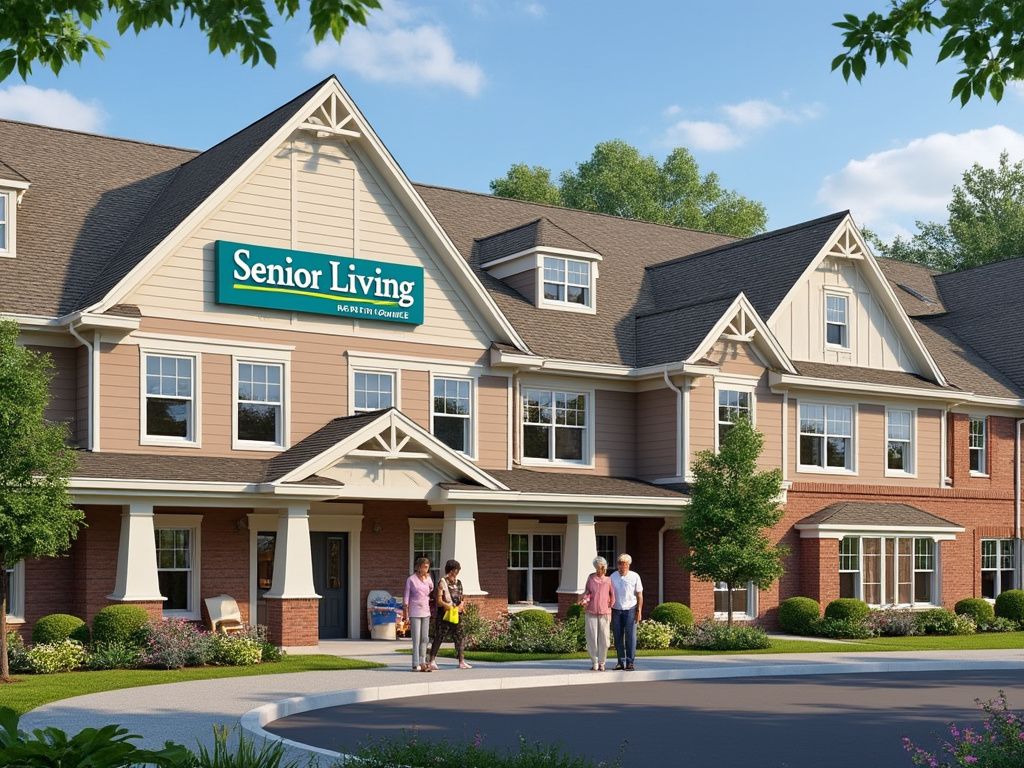Unveiling the Psychological Safety Gap in Senior Care Nursing

In the bustling world of healthcare, where every second counts and lives hang in the balance, there's a silent crisis brewing. It's not about medical supplies or staffing shortages - though those are pressing issues too. No, this crisis strikes at the very heart of our healthcare system: the psychological safety of our nurses, particularly those in senior housing and care.
The Shocking Truth
Brace yourself for this jaw-dropping statistic: fewer than half of nurses in senior housing and care feel psychologically safe in their workspace. Let that sink in for a moment. The very people we entrust with the care of our elderly loved ones are walking on eggshells, feeling unsafe and unauthentic in their own workplace.
This unsettling revelation comes from a recent survey conducted by Kare, a digital labor marketplace for post-acute and senior living operators, in collaboration with the National Association of Health Care Assistants (NAHCA). The survey, part of a three-part "Trauma and Resilience" analysis, paints a grim picture of the state of nursing in senior care.
Breaking Down the Numbers
The survey of 1,142 long-term care professionals revealed some startling disparities:
- Only 41% of nurses agreed or strongly agreed they feel psychologically safe in their workplaces - a whopping 15 percentage points lower than the average of other respondents.
- While 77% of senior housing and care workers feel they can be their authentic selves at work, just half of the nurses surveyed said the same.
- 29% of nurses did not feel a sense of community in the workplace.
- 18% of nurses felt unrecognized by management teams, compared to an average of 13% for other senior housing and care workers.
These numbers aren't just statistics; they're a cry for help from the backbone of our senior care system.
The Ripple Effect of COVID-19
The pandemic has left no stone unturned, and the senior care sector is no exception. Katie Rhone, senior vice president of the hero program and employee experience at Kare, notes that they "did not know the impact of the Covid-19 pandemic on the careforce in senior housing" until this study.
A previous survey showed that nearly three-quarters of care workers dealt with medium to high levels of toxic stress, partly due to past traumas. The pandemic has only exacerbated these issues, with almost half of the careforce feeling its effects on their physical and mental health.
A Call to Action
So, what can be done to bridge this psychological safety gap? The report offers several suggestions:
1. Establish support groups for staff
2. Implement training programs aimed at promoting a supportive environment
3. Create robust recognition and reward programs
4. Offer educational and career development opportunities
5. Organize team-building activities to foster a sense of community and combat burnout
The Silver Lining
Despite these challenges, there's hope on the horizon. In 2024, senior living operators are getting creative in their recruitment efforts. They're highlighting the unique benefits of working in senior living, such as the level of connection with patients and the slower pace compared to other healthcare settings. There's even been an increase in referrals for recruitment purposes.
The Bottom Line
The psychological safety of our nurses isn't just a feel-good issue - it's a matter of life and death. When nurses feel safe, supported, and valued, they provide better care. They stay in their jobs longer, reducing turnover and improving continuity of care. They're more likely to speak up about potential safety issues, preventing costly mistakes.
In short, investing in the psychological safety of our nurses is investing in the health and wellbeing of our seniors. It's time we started treating it with the urgency it deserves.
Are you ready to join the fight for a psychologically safe workplace in senior care? The health of our nurses - and our seniors - depends on it.











